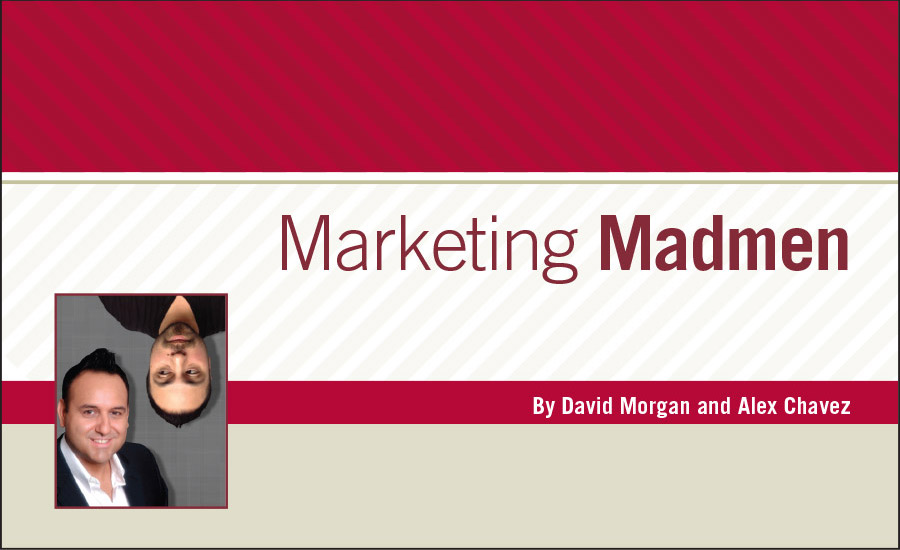I’ve come across a wide variety of characters and business owners since I (Alex) opened a marketing agency at the age of 20 in Las Vegas. But it is the travel industry that taught me the valuable lesson of never letting a hot lead go cold.
Bruce, the owner of a travel company that had hired me for marketing, was a 240-lb. bald man who was always sweating and looked as though he could easily have been the lead role in a mobster movie. (There were also rumors that he fled Chicago due to some mafia issues.) He had started his company from nothing and turned it into a $2 million-a-year company in just two years. His business specialized in selling hotel blocks to companies including Nike, Cole Haan, Canon and other large companies that were exhibiting in Las Vegas.
Bruce’s philosophy, which was hanging on his wall, was, “‘No’ just means they haven’t been convinced yet; convince them!” His “bullring” consisted of 30 salesmen making cold calls and taking incoming leads. It was a hostile environment and looked much like a trading company of fellows in cheap suits and slicked-back hair who swore, smoked and disappeared for days at a time.
In his office Bruce had a live feed that showed in real time the number of calls made and the total number of sales. If Bruce didn’t like what he saw, he’d pull a custom-made power switch in his office, turning off power to the entire salesroom (this is no lie!). Then, after some screaming and yelling, he would threaten everyone’s job and yell, “Sell, sell, sell!” as he slammed his door.
My job was to create inbound leads, develop sales sheets and create different types of emails based on a lead’s status according to Bruce’s colorful way of categorizing a lead’s potential. Bruce’s “No” philosophy meant you must touch base with the potential client every opportunity available, because if you weren’t doing so, chances were your competitor was. He was one mean cuss, but one whom I would forever remember.
After three and a half years, he sold his company for $6 million to a large, well known Internet travel company, and a couple years later, he died a mysterious death. He was found alone in the passenger seat of his car on some remote highway in the Las Vegas desert.
What can you possibly take out of this macabre story? The fact that you should never stop reaching out to your potential customers. Also, you should have a marketing procedure for how to continue reaching out to prospects until they are convinced. Use tools such as Sugar CRM, Hubspot (our favorite) or Salesforce. Within these programs you can set automatic triggers that will leave no stone unturned. When a lead comes in, a “trigger” will notify your salesperson to call the lead, and the system can automatically send an email to your new lead with a thank you message. Once your salesperson either closes the deal or sets a new trigger, a secondary email to the potential customer can be sent out. You can create an entire structure determining what happens to a lead once it comes in. You should be creating many types of emails that are triggered to automatically go out depending on where a lead is in the sales cycle. If that lead doesn’t convert, stick them in your monthly newsletter that offers a nice, juicy incentive.
When a lead does close, don’t stop there — put them into a second email newsletter for existing customers asking them for referrals and reviews. In the past we mentioned we see about a 12 to 15 percent average increase from referrals when you have a formal program and you market to your customer base.
It amazes us how many security companies don’t have procedures in play for regulating what happens to a lead once it comes in hot. Having worked with nearly 90 security dealers/integrators/manufactures now, we have observed it is the successful ones that have worked out procedures and never stop reaching out with automated systems until that lead has gone completely cold — and even then, it truly is not cold; they can still somehow or someway be convinced.









